Finding Jose
`Out of prison, he looks to future' was the headline about Jose Vasquez 25 years ago. How's that future panned out? Inspired by Eric Zorn's catch-up with Rolando Cruz, that's what I'd like to learn.
This week, former Chicago Tribune columnist Eric Zorn provided a fascinating update on Rolando Cruz in The Picayune Sentinel, his excellent Substack hub.
If you’re from the Chicago area and were paying attention to the news in the 1990s, you’ll instantly recognize Cruz’s name. And it might even ring a bell if you’re from anywhere else in the United States—the railroading of Cruz into prison was an egregious stain on law enforcement and criminal justice that drew national media attention from the likes of 60 Minutes.
What’s become of the man who was wrongly prosecuted, convicted of murder and imprisoned for over a dozen years before his release from prison 30 years ago? That’s what Zorn set out to discover.
His catch-up with Cruz and family members was a fascinating account of a man who shares with raw candor about his successes and struggles.
A poignant excerpt:
“I used to say, ‘God, give me kids, give me someone who will love me forever. That’s all I want in life.’” Cruz said, tearing up for probably the third time over dinner. “And now I have that. I mean, I know I’m fucked up. Sometimes I’m happy. Sometimes I’m sad. Sometimes I just can’t sleep. A lot of times, I’m pissed at the world. I just get mad out of nowhere. I try not to be like that and try to do a lot of good for a lot of people, and help out people, help out my neighbors. But there’s all this anger that’s inside, and I can’t release it, you know. And I don’t know how to release it.”
I asked, “You think that’s because you were locked up for 12 years?”
“Twelve years, three months and three days,” he said quickly. “And of course.”
These are the words of someone who feels simultaneously blessed and cursed.
During the 1980s and ’90s, Zorn wrote, by his count, scores of columns about the case. It commanded headlines for years and underscored the role that journalists play in shining a light on the abuse and misuse of power. Five years later, I met Cruz on the heels of another case that I covered extensively, when another enormously flawed murder case ended in freedom for Jose D. Vasquez of Aurora.
While covering Kane County criminal courts in the late 1990s, I wrote numerous stories about the case for Copley Newspapers’ Elgin and Aurora newspapers, The Courier News and The Beacon News. Skeptical of claims of innocence from anyone charged with a crime—and certainly of a crime as serious as murder—I took a wait-and-see stance when public defender Don Zuelke first approached me about the case.
But it didn’t take long for me to see the questionable events that led to Vasquez’s incarceration.
I immersed myself in the various facets of the case. One vexing piece was the unusually close relationship between an Aurora police detective, Marshall Gauer, and a chronic criminal named Larry Wilkinson who claimed that Vasquez confessed to him about the murder of a 15-year-old. That testimony was crucial to Vasquez’s conviction.
But Gauer flat-out lied (“false and misleading testimony” was how an appellate court referred to it) about the extent of his communications with Wilkinson, among other issues.
By 2000, I’d moved on to write for the Tribune, so it was in that capacity as a freelance reporter that brought me to the courthouse on Nov. 13, 2000. On that day, Vasquez was released after four years in prison.
It was part of a team effort with Zorn—I wrote the story; he penned a column.
A week or two later, I met Cruz at a gathering at the Center on Wrongful Convictions in Chicago that included Vasquez and attorneys who worked on his behalf.
I touched on my coverage of the Vasquez case briefly two years ago (link below), referring to it as a “saga (that) involved a police detective whose deception played a key role in convicting a young man for murder.”
I fell out of touch with Vasquez within months of his release from prison and have often wondered how that young man—whom I first met when I interviewed him in a Joliet prison and is now a middle-aged 48-year-old—is doing.
How blessed does he feel? How cursed? And everything in between.
In the coming weeks, we’ll see if that curiosity can turn into a catch-up along the lines of what Zorn was able to do with Rolando Cruz. My first order of business is simply to locate him.
Costume for Life
Did you wear a costume yesterday for Halloween?
I repurposed one that I’ve had for the past 16 years. It began as a campy 2009 marketing campaign, in which I took on the alter ego of Super Shopper Spotter.
…and has pivoted to a variety of other characters whose names align with the Triple-S construction. First came Super Skateboarder Stopper, an April Fool’s-inspired figure who proclaimed that “fewer youngsters on skateboards can mean more time to purchase various and sundry items from our diverse mix of businesses.”
Others along the line have included Super Scruffy Singer, Super Statistical Story-Teller and Super Student Supporter.
…and then came the unveiling of yesterday’s character: Super Soccer Supporter.
There I am at last night’s tailgate of Indiana University soccer team parents, including friends whose son, Easton Bogard, plays for IU. Indiana, one of the foremost programs in the nation, was ranked No. 1 briefly earlier this season and, even after some struggles, were heavily favored coming in to the match against Northwestern University.
Although I’m a Wildcat alum, my son is a Hoosier grad and, beyond that, I came to root for Easton and his teammates. Alas, NU won in a bit of a shocker, 2-0. I guess my superpowers are limited—or the “soccer supporter” label wasn’t specific enough.
While we’re on the theme of follow-ups, you might recall that I wrote about Easton two years ago when he broke the all-time career record for goals at Oak Park and River Forest High School.
A Weird, Nerdy `Dilemna’
After 36 years together, including 31 married, my wife and I learned something new the other night as we were strolling: As teens, we both initially thought “dilemma” was spelled “dilemna,” with that incorrect “n” sliding in after the first “m” and somehow feeling right.
For Bridgett, the struggle to lock in the correct spelling persisted for years—she’d be foggy about which way to go whenever the word popped up. To this day, I find myself harboring hopes that that dilemna will emerge as an alternative, perhaps even the preferred, spelling.
To be clear, this scenario is not a dilemma, which is defined as “a situation in which a difficult choice has to be made between two or more alternatives, especially equally undesirable ones.”
It’s just weird and nerdy.
But wait, there’s more: Only a few hours after this all came up in conversation, I was checking out stories I’d written 20 years ago, seeing if there was an anniversary blurb I could share in this space.
First, I encountered the story that I wrote 20 autumns ago on an Elvis Presley impersonator suing the Town of Cicero for an injury he sustained. It was a memory that I captured a few years ago on this Substack:
Long Live The King
Over the course of my journalism career, rarely have I opened a story with a question. But 18 years ago, I made an exception: How much is an Elvis Presley swivel-hip move worth?
Scanning through more articles from 2005, oddly this one surfaced:
There, wrapping up the opening sentence, “dilemma” makes a cameo. And about that headline: Have you ever seen the word “reprieved” before? Scratch that one off your bingo card.
I have written thousands of headlines in my life, and influenced plenty of others with suggestions to editors, but I’m certain I didn’t come up with that one. It’s actually pretty impressive—you can see how tight the paper was on space.



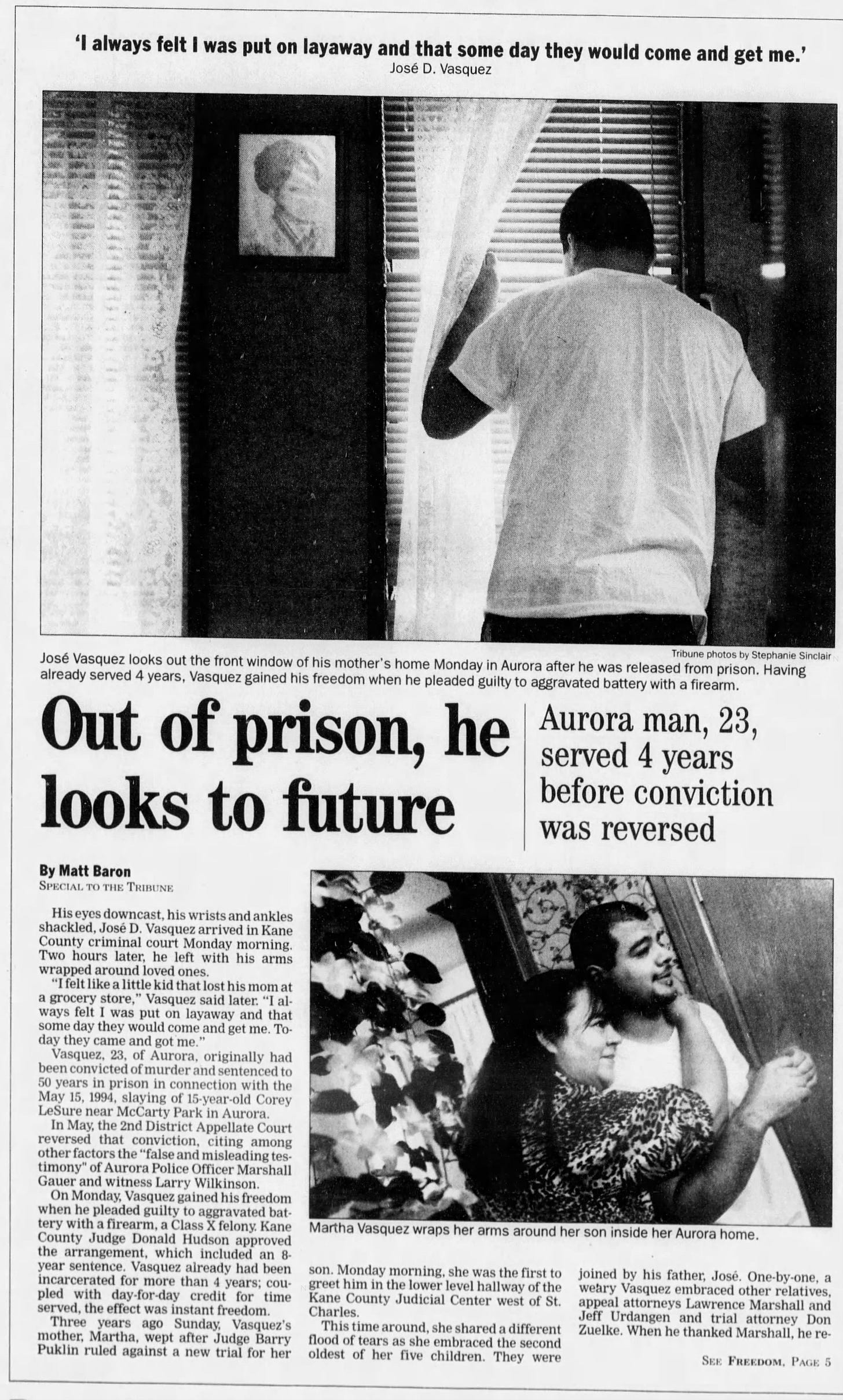
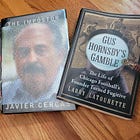

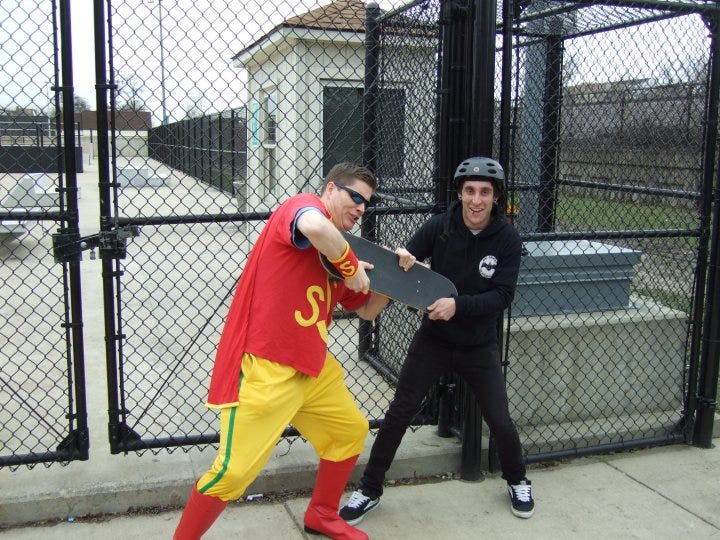
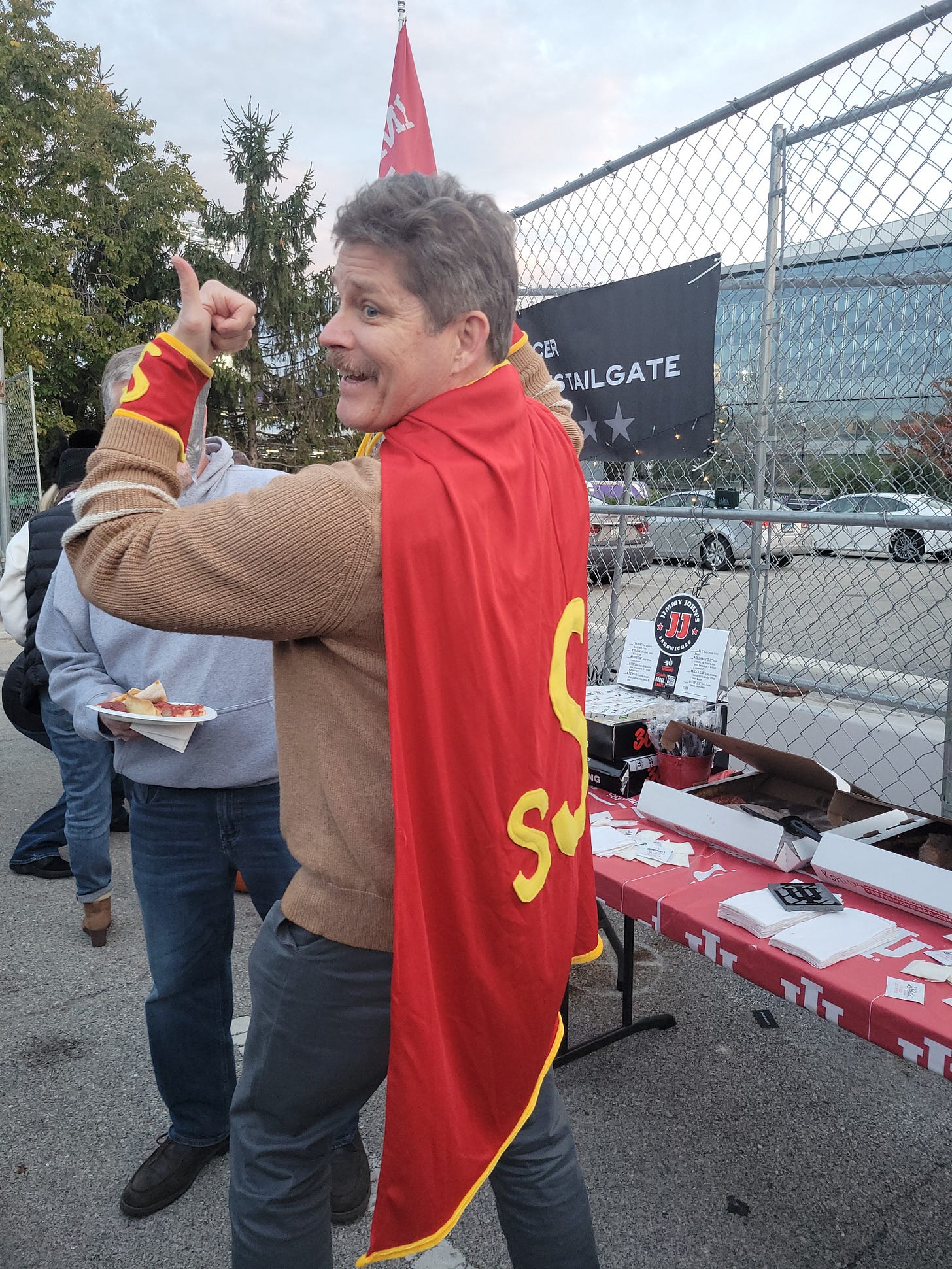
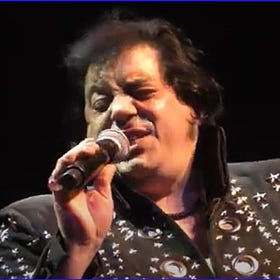
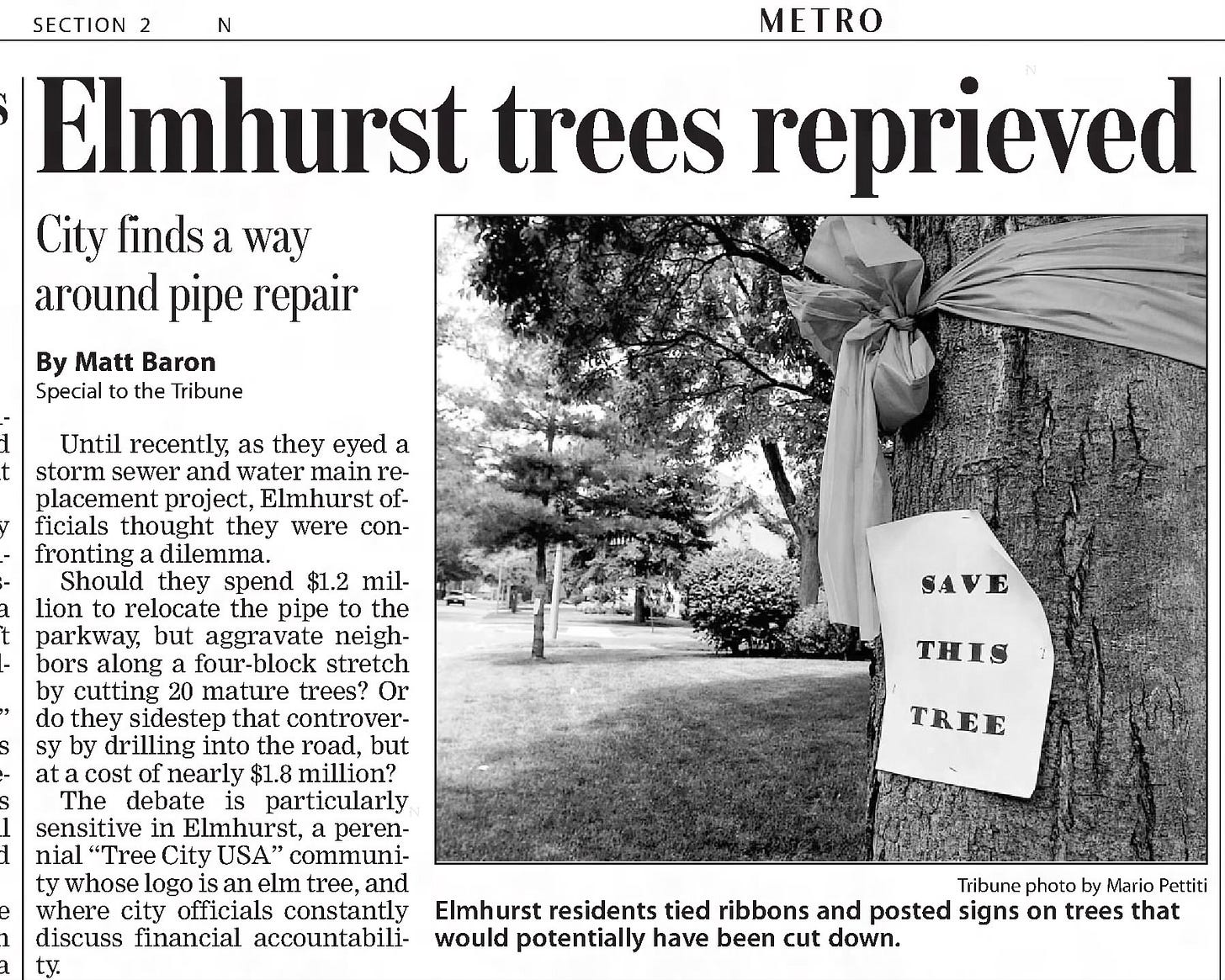
Wow!